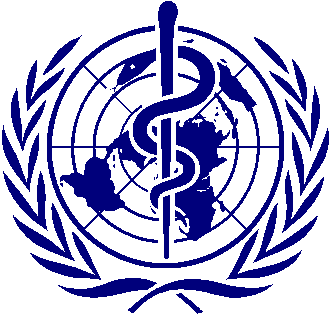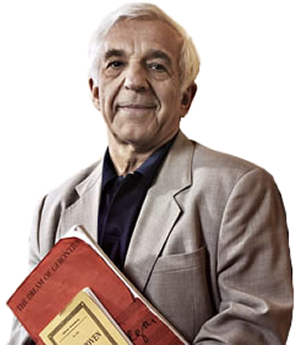What is the situation today?
Let us have a look at the births figures, certainly the most important matter in modern societies, because there lies the future of the peoples. What are the present conditions for the babies when they are born?
Every year 15 million children worldwide are born prematurely – with an upward trend. Premature births are generally associated with immense health strains for both mother and child.
The percentages of premature birth rates differ greatly worldwide and range from 4.1% (Belarus) to 18.1% (Malawi) – see the documentation of the World Health Organization.
1.1 million newborns die annually due to complications during premature birth and for countless children life-long impairments remain.
In Belarus, the premature birth rate is today, 25 years after the introduction of MRT-Music®, 4.1% – would it be reduced to this level worldwide, only 5.5 million children would be born too early.
(2010, 134 762 700 children were born in the 184 countries listed by WHO – 4.1% of this are 5 525 270 children)
Over one third of deaths in infants are caused by prematurity complications – which makes premature birth the main cause of infant mortality.
Prematurely born infants also have higher rates of health complications and lifelong disabilities, including
- developmental delay
- learning and behavioral problems
- cerebral palsy
- lung problems
- vision and hearing loss
- diabetes
- hypertension as well as
- heart disease.
At the age of 3-12 years prematurely born children also have growing difficulties with complex language features.
At the age of seven years, even children who were born moderately prematurely develop presumably less intelligence and lower visual and motor skills and lower decision functions.
A recent study shows that even children who were born in the medical sense not too early have poorer reading and math notes in the third school year – and the poorer the fewer weeks of pregnancy led to birth.
There are indications that preterm birth and symptoms of autism are linked.
Infants who were born before the 34th week of pregnancy – long before or also shortly before – have the greatest risk for persistent health problems and for sudden death as children; and recently, studies have shown that even children with 34 to 36 weeks of pregnancy have greater health risks than infants born following a fully mature pregnancy.
As the application of the harmony laws of the microcosm of music began at the Chernobyl nuclear disaster, there were big problems in the field of birth. Through the use of the Medical Resonance Therapy Music®, or the laws of harmony, the premature birth rate among the high-risk pregnant women was reduced to 6.2%, as opposed to 14% in the control group with conventional treatment and without the use of the harmony laws.
Although the nuclear disaster and its consequences are by far not over yet and people still have to suffer from radiation and its consequences, Belarus, the country most affected by the Chernobyl accident, ranks worldwide No. 1 in terms of the safety of births: with a premature birth rate of only 4.1%.
At the conference of the WORLD HEALTH ORGANIZATION (WHO) “SOCIETY, STRESS AND HEALTH” at the ACADEMY OF SCIENCES in Moscow, the scientists reported about their findings in the area of STRESS.

In extensive research they could show in all indications that the use of the harmony laws makes the music preparations of Medical Resonance Therapy Music® the world’s best preparations against STRESS: four to eight times as effective in the release of psycho-physiological manifestations of STRESS as chemical preparations – and without any harmful side effects.
In Germany the scientific digital music preparations of Medical Resonance Therapy Music® are approved by the authorities for sale in the approximately 22,000 pharmacies.
|
Vladimir Ashkenazy
Conductor Laureate: NHK Symphony Orchestra, Tokyo Principal Conductor and Artistic Adviser: Sydney Symphony Conductor Laureate: Philharmonia Orchestra, London Conductor Laureate: Iceland Symphony Orchestra Music Director: European Union Youth Orchestra |
 |
|
“I fully support Peter Hübner’s scientific approach to explore the natural relationship between music and human health and behaviour: five decades of work which finally found its expression in his Medical Resonance Therapy Music®. Music plays a very important role in our life – whether or not we are aware of it. And different types and structures of music can have a highly negative or beneficial effect – not only on the psyche of an individual but on a whole spectrum of a psychological and emotional climate of our society. I hope that all those who want to contribute to a natural state of harmony – individually and socially – will focus on Peter Hübner’s scientific work and the achievements of his Medical Resonance Therapy Music® and become aware of their tremendous importance.” Vladimir Ashkenazy |
|
![]() PDB International, Inc., New York – Intellectual Property Rights Administration
PDB International, Inc., New York – Intellectual Property Rights Administration
